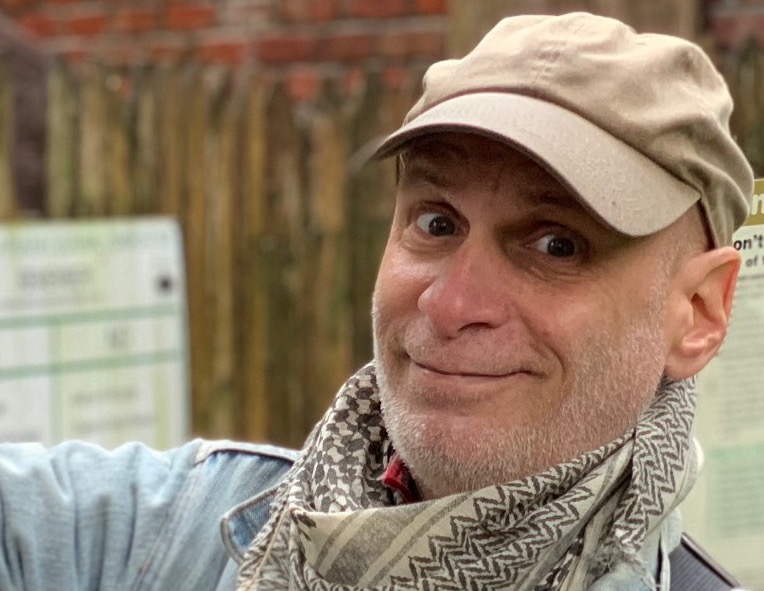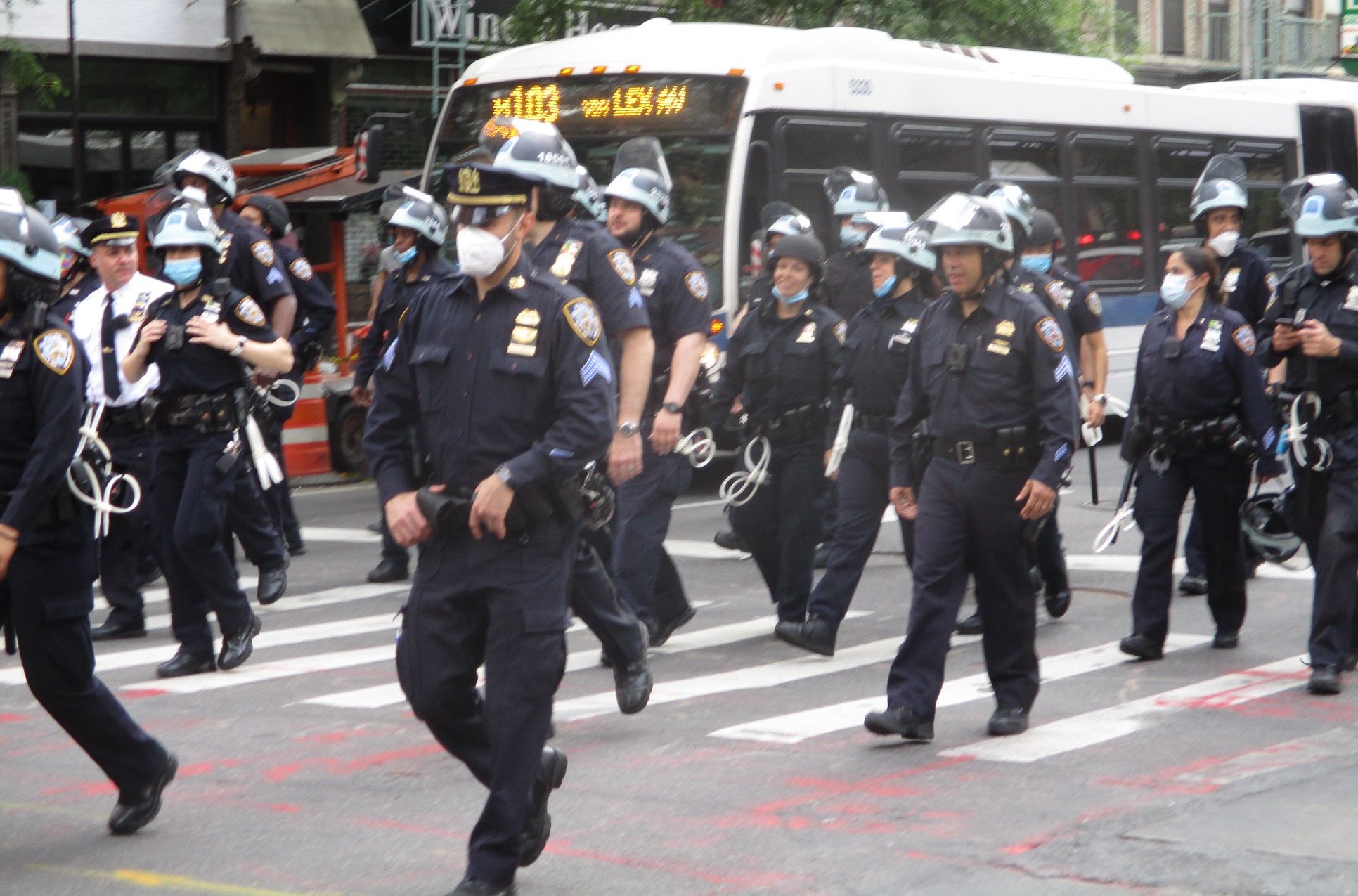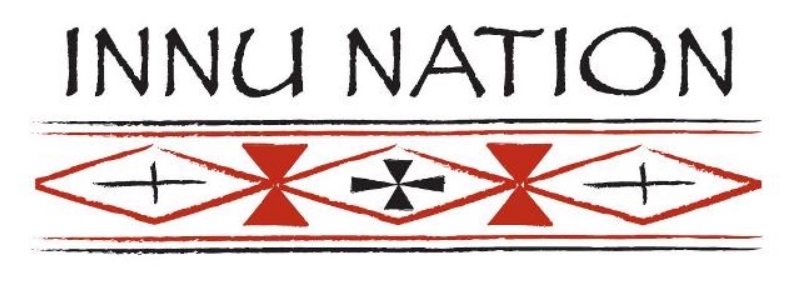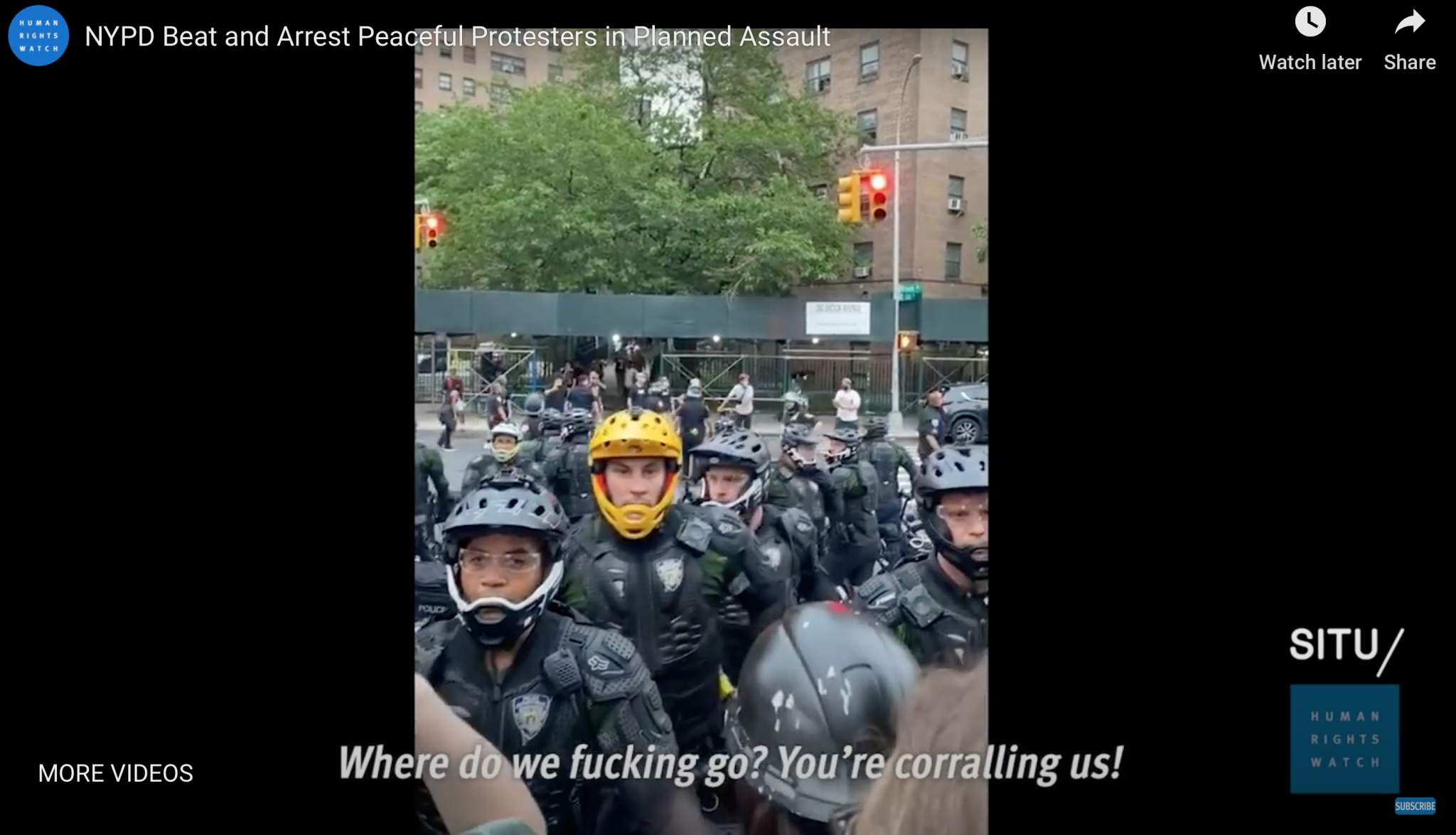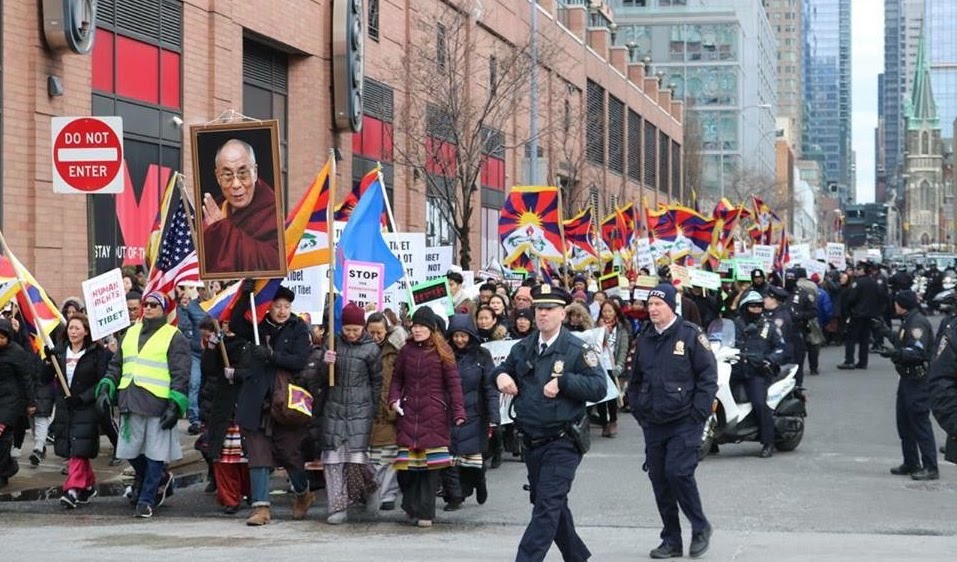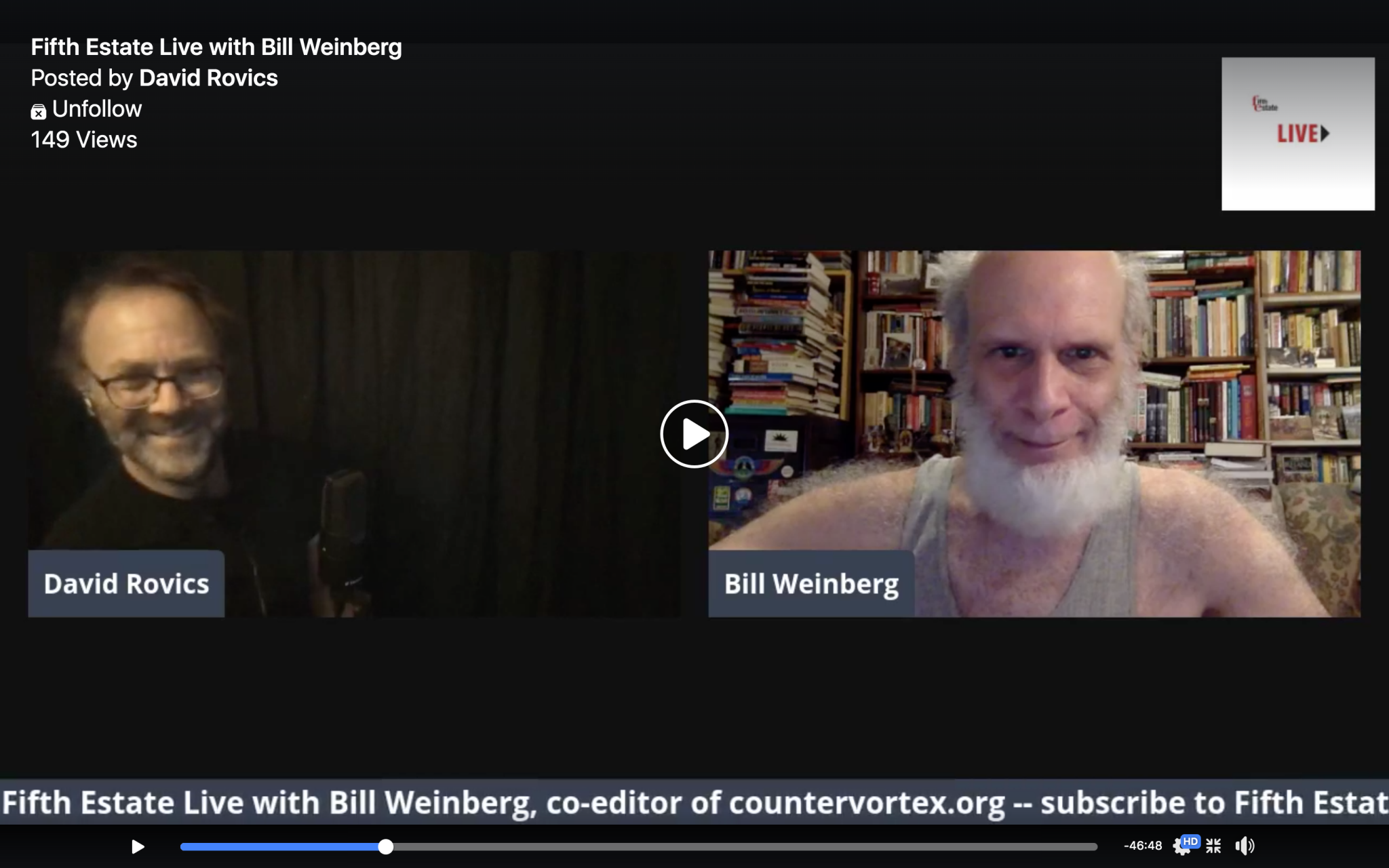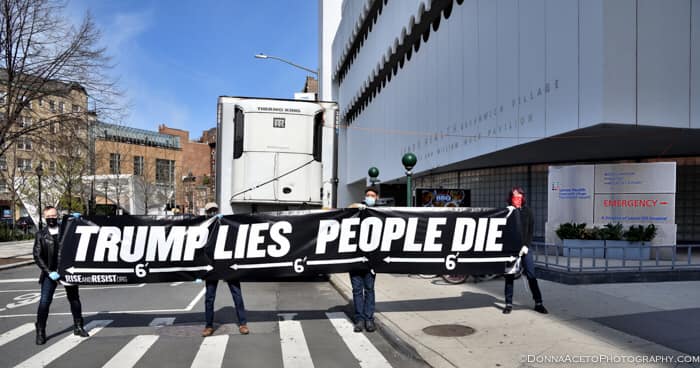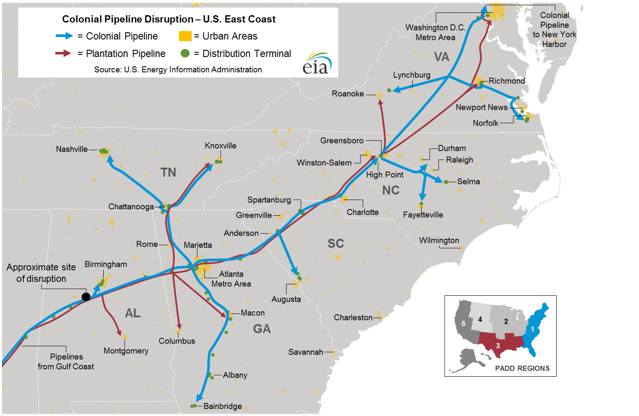
Podcast: lessons of the Colonial Pipeline disaster
In Episode 75 of the CounterVortex podcast, Bill Weinberg examines distorted reportage on the shutdown of the Colonial Pipeline by Russian hackers. The disaster illustrates the urgent need for a crash conversion from fossil fuels—but also from digital technology. Signs of hope are seen in the cancellation of the Keystone XL pipeline, the recent indigenous-led protests against the Line 3 Pipeline in Minnesota, and the gas bill strike launched by Brooklyn residents to oppose the North Brooklyn Pipeline that would cut through their neighborhoods. Listen on SoundCloud or via Patreon. (Map: US Energy Information Administration)



